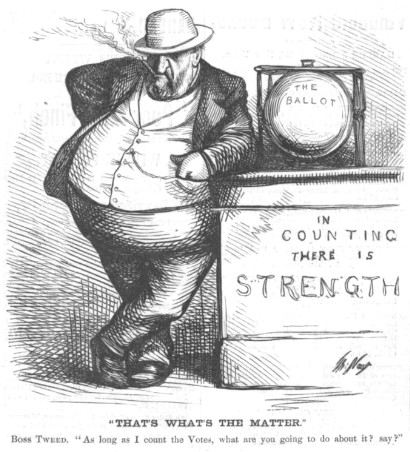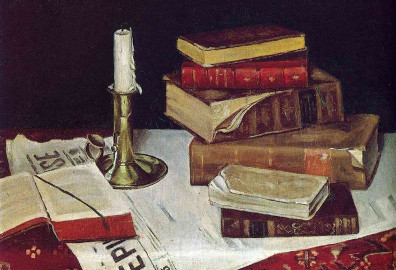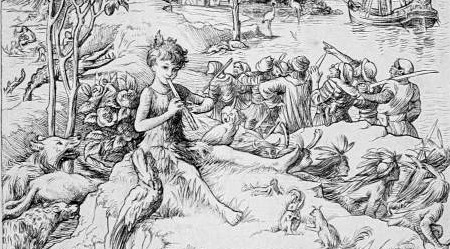Albert A. Bartlett? William Dillinger? Paul A. Tipler? David Suzuki? Anonymous?

Question for Quote Investigator: What do the following have in common: computing power, internet communication traffic, human population, energy use? Each has experienced exponential growth. The full implications of such rapid changes are difficult to grasp. A scientist has asserted that the incomprehension of exponential growth is humankind’s most serious flaw. The consequences of obliviousness could be disastrous. Would you please help me to find a citation?
Reply from Quote Investigator: In 1976 physicist Albert A. Bartlett published a piece in “The Physics Teacher”. He was concerned about the environmental costs of unrestrained growth. Boldface added to excerpts by QI:1
Here is the theme of our presentation:
The greatest shortcoming of the human race is man’s inability to understand the exponential function.
Bartlett wanted physicists to use their knowledge to inform fellow citizens and decision makers:
Physics students and teachers have a great responsibility,
1. to understand the problems and perils of growth, and then
2. to alert the public to these problems and perils, even if this means taking issue with the “experts.”The best decisions are those made by an enlightened public. It is our task as students and teachers to help roll away the darkness.
Below are additional selected citations in chronological order.
Continue reading “Quote Origin: The Greatest Shortcoming of the Human Race Is Man’s Inability To Understand the Exponential Function”




